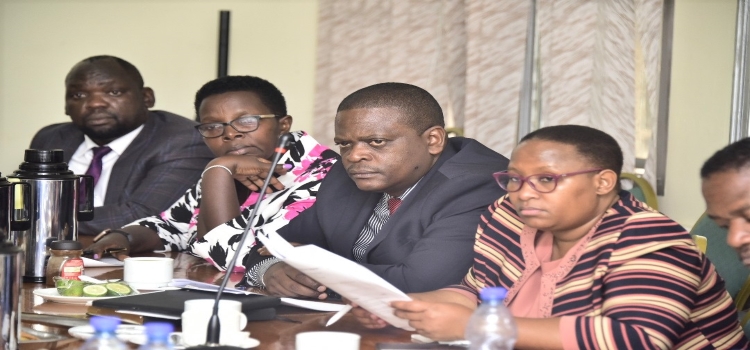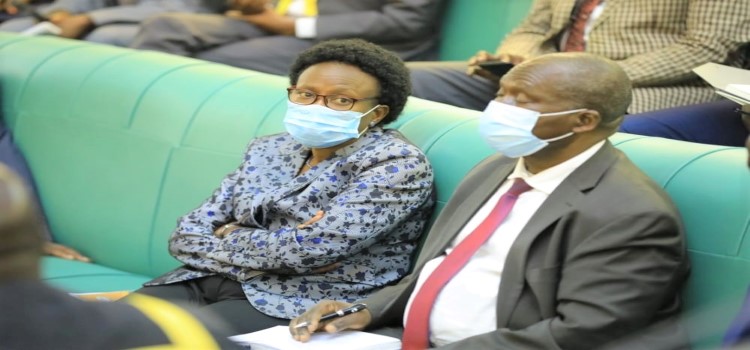Uganda to kick out malaria in 2030

Malaria will be eliminated from Uganda by 2030, the Minister of Health, Dr Jane Ruth Aceng, has revealed.
The minister, in a report to the House chaired by the Deputy Speaker, Thomas Tayebwa, on Thursday, 14 July 2022 said that the malaria parasite prevalence rate has reduced from 42 per cent in 2009 to 9 per cent in 2019.
“We have seen great improvement in the proportion of malaria deaths to total deaths in health facilities by 33 per cent from 18 per cent in 2013 to12 per cent in 2019,” she said.
In 2020, WHO reported that there were an estimated 20,4 million malaria cases and over 30,900 estimated deaths in the country.
The minister noted that the country is currently experiencing a new burden of malaria since January 2022.
According to Target Malaria, a research consortium working to reduce malaria transmission, the country has one of the highest global burden of malaria cases, with over 90 per cent of the population at risk, malaria remains Uganda’s leading cause of death, especially in children.
The average economic loss in Uganda due to malaria annually, the consortium says, is over US$500 million.
Aceng said: “Out of 11,251,900 out-patient department visits, 3,156,500 (28 per cent) had malaria. Of these reported cases, 774,484 which represents 25 per cent to be children under five years.”

The Shadow Minister for Health and also the Chairperson of the Parliamentary Forum on Malaria, Dr Timothy Batuwa, said that there was need to think of new ways of fighting malaria.
“There is need to rethink interventions and strategies in fighting malaria, since the cases seem to be just increasing. All high burden regions do not have a blood bank, and even the health centre IVs are not accessible or even functional," Dr Batuwa said.
Kamwenge district Woman MP, Hon. Sylvia Bahireira, said it was important for the leaders to lead by example especially where blood shortage was concerned.
“We keep on lamenting on the shortage of blood. As top leaders, why can’t we walk the talk? Let the Minister of Health introduce a programme and send a team here so that we, as MPs, can donate blood per quarter,” she said.
Hon. Yovan Adriko, (NRM, Vurra County), said that with the increasing cases, there was need to increase the assistance to the households.
“We need to support the ministry to increase the number of nets per household for now. From three nets to 10 nets per home. Sensitisation also needs to be increased as work to the eradication of malaria,” he said.
The Kabale Municipality MP, Dr Nicholas Kamara, noted that malaria was the top cause of miscarriages, malnutrition and infant mortality and there was need for research.
“We need to do research especially with the resistance of the lava. We also need to note that as much as there is residual spraying Malaria is still on the increase so we need to think about changing the insecticide we are using,” he said.
The Deputy Speaker, citing profuse interest from members, postponed debate on the matter to Wednesday, 20 July 2022.
